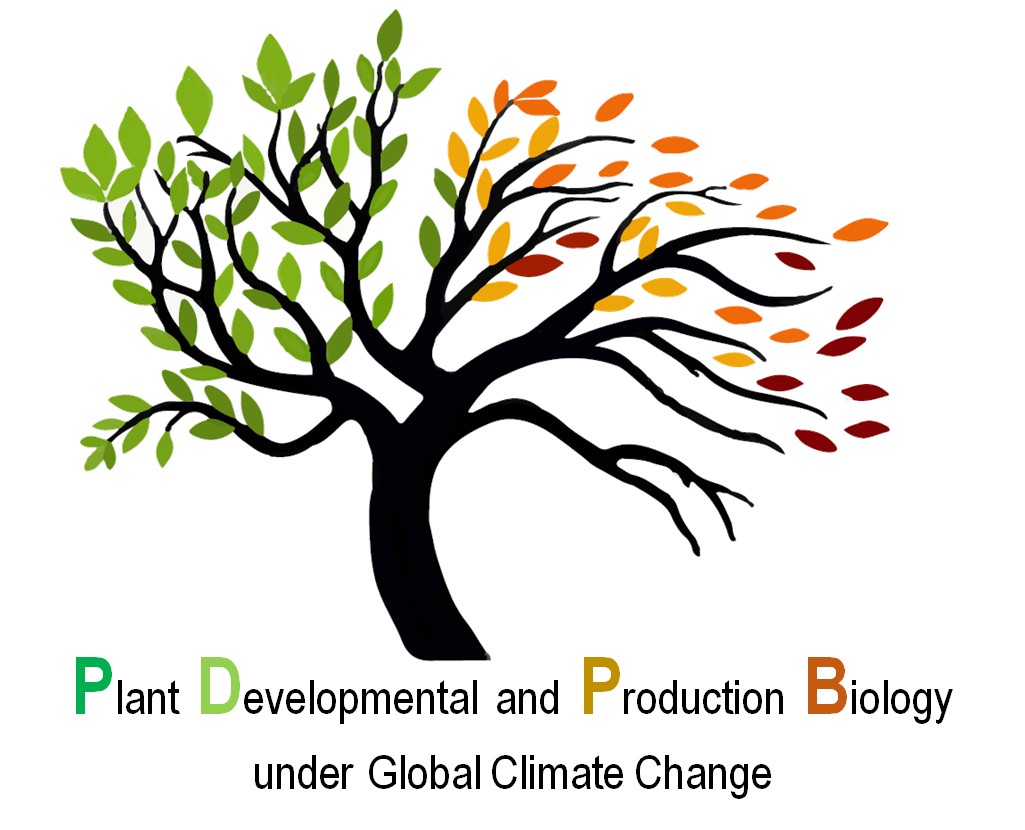 |
Prof. Dr. Aaron M. Rashotte Professor of Biological Sciences at Auburn University, Alabama, USA. Aaron Rashotte got his Ph.D. in Plant Sciences at the University of Arizona. After postdoctoral stays at Wake Forest University and the University of North Carolina at Chapel Hill, he moved to Auburn University in Alabama, where is currently a Professor in Biological Sciences. Aaron Rashotte’s overall research interests are focused on both development and effects of abiotic stress on plants, with a specifically interest in how the plant hormone cytokinin is involved in these processes. Rashotte’s lab uses molecular, genetic, and physiological approaches to study a set of transcription factors known as Cytokinin Response Factors (CRFs), which are regulated by both cytokinin and stress. A major goal of his research is a better understanding of how cytokinin and stress interact through CRFs in both Arabidopsis and tomato to control essential plant processes and development. |
|

|
|
Important links: |












